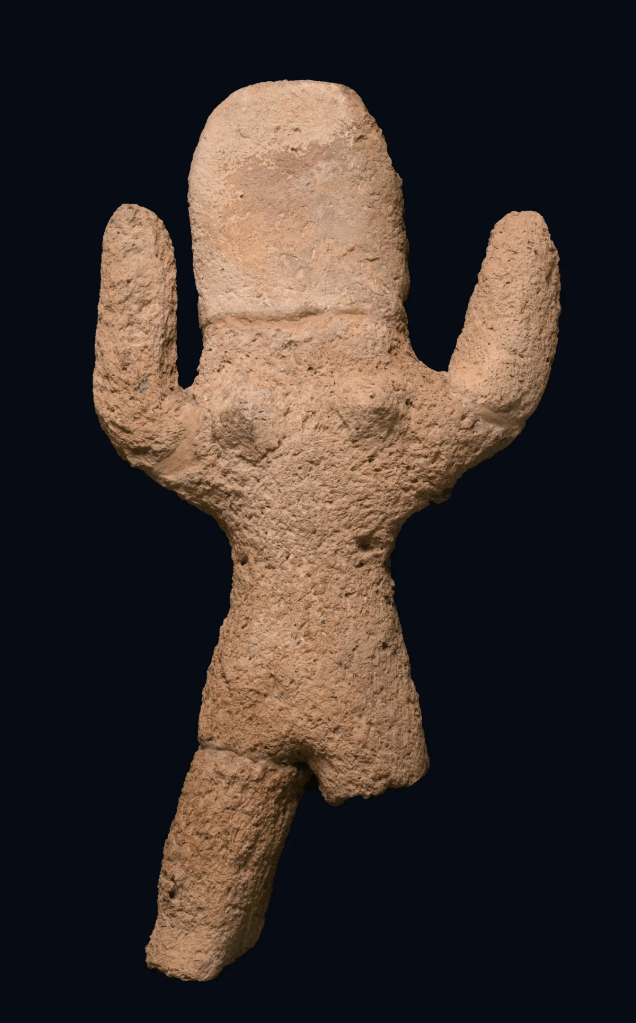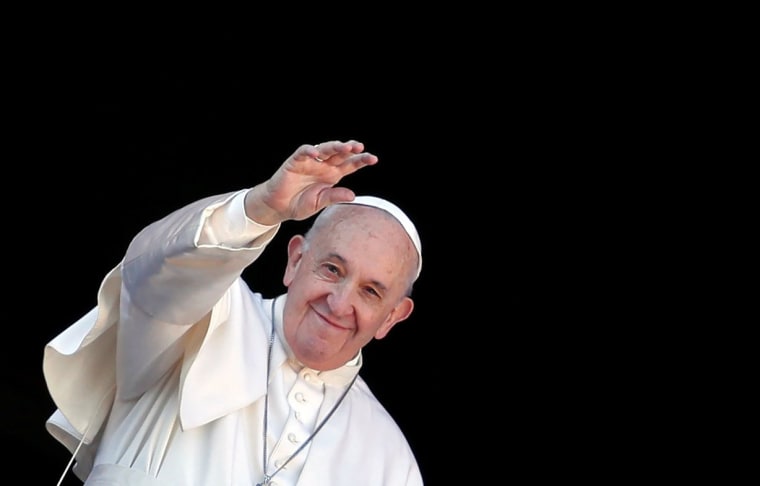The Spirituality Revolution: No Longer Just for the Religious
There has been a notable change in the societal perception of spirituality in recent years. The era in which spirituality was limited to religious traditions, sacred texts, and monasteries has passed. This issue is of global significance today, impacting individuals regardless of their religious beliefs. This phenomenon, commonly referred to as the “Spirituality Revolution,” is a spontaneous societal movement that acknowledges the significant impact of spirituality on various aspects of life, including health, community, and overall well-being.
Broadening The Definition of Spirituality
Historically, spirituality has been closely associated with religious beliefs and practices. The study focused on the influence of intergenerational transmission of doctrines and customs on individuals’ connections with divine power. Modern spirituality is becoming more individualized. The process of self-discovery is commonly regarded as a personal endeavor aimed at comprehending one’s inner being, the interdependence of all living entities, and the enigmas of the cosmos.
The Healing Powers of Spirituality
The field of medical research is increasingly acknowledging the longstanding understanding among many spiritual traditions about the profound connection between the spiritual and physical realms. A substantial body of research indicates that engaging in spiritual activities, including meditation, mindfulness, and prayer, may benefit mental and physical well-being. These practices can potentially decrease stress levels, enhance concentration, and perhaps positively impact several diseases, including depression and chronic pain.
Community Building and Social Bonds
The new spirituality revolution is not just about individual enlightenment or well-being. It also has communal aspects. Spiritual awareness often fosters a greater sense of community and belonging. Whether it is a yoga class, a meditation group, or a non-religious spiritual gathering, these new “congregations” serve as platforms where like-minded individuals can come together, share, and grow.
Navigating Life’s Challenges
Life is fraught with challenges that can be daunting to navigate alone. Spirituality often provides the framework to understand and manage life’s complexities. Whether it is the loss of a loved one, career challenges, or global crises, a spiritual perspective can offer a bigger picture and a different viewpoint, enabling resilience and a deeper understanding of life events.
The Future of the Spirituality Revolution
This new focus on spirituality is not a fleeting trend but a lasting shift in societal values. The spirituality revolution can profoundly change how society approaches life, health, and community. However, like any significant societal shift, it also comes with its own set of challenges. The commercialization of spirituality, the potential for superficial engagement, and the risk of cultural appropriation are issues that must be navigated carefully.
In conclusion, the spiritual revolution is democratizing what was once the realm of religious traditions and specialists. Its effects are far-reaching and touch upon various aspects of life, including mental and physical health, community building, and individual well-being. As society continues to evolve, it is clear that spirituality will remain an essential part of the human experience, accessible to all and not just a select few.
Cited Works
Tacey, David John. The Spirituality Revolution: The Emergence of Contemporary Spirituality Psychology Press, 2004.
















